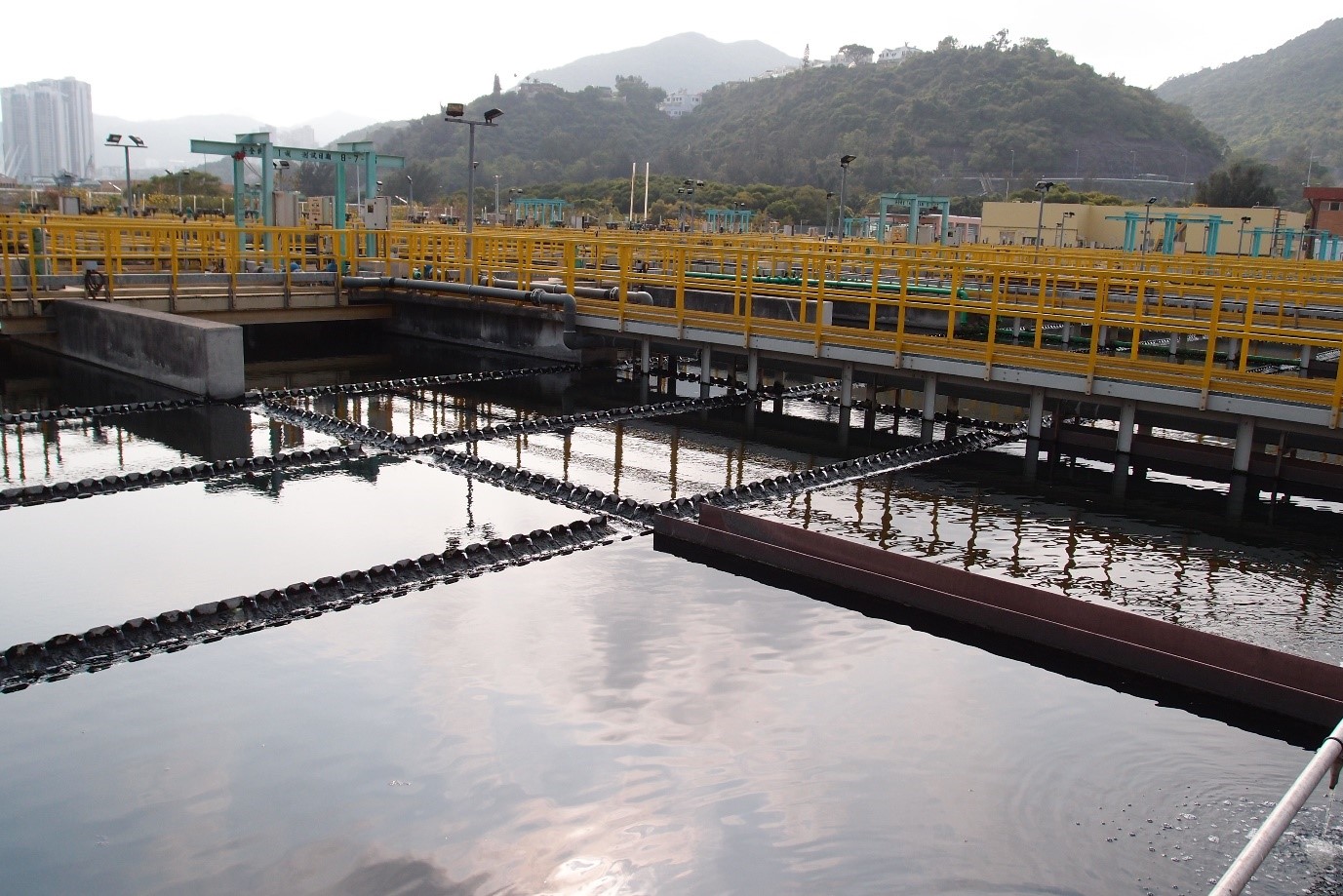Departments
Research Impact in FLASS
The difference research makes for society – the impact of the research - has become a core element of FLASS’s research mission and a strategic priority. Our research has already been generating significant societal impact, from addressing issues related to pollution, sustainable development, poverty, public health, and the challenges facing minority communities; to developing innovations in STEM education, etc.
In this context, research impact differs from the traditional academic view of impact as being associated with publications and citations. It is defined by UGC as the demonstrable contributions, beneficial effects, valuable changes or advantages that research qualitatively brings to the economy, society, culture, public policy or services, health, the environment or quality of life whether locally, regionally or internationally; and that occur beyond academia.
Examples of impact generated by our researchers are detailed in the case studies below. Together these reflect our commitment to an open and engaged research culture and to nurturing and celebrating research excellence across the Faculty.
We continually strive for excellence and seek to ensure our research, shaped through stakeholder engagement, can achieve local, national and global relevance, and real impact for the society.
Impact cases
| Case 1 | Pollution control through novel practices for wastewater treatment |
|---|---|
 |
Dr Tsang Yiu Fai, Associate Professor in the Department of Science and Environmental Studies (SES), led a collaborative team with South China University of Technology and University of Strathclyde to investigate the occurrence, fate, and removal mechanisms of endocrine disrupting chemicals (EDCs) and pharmaceuticals and personal care products (PPCPs) in biological sewage treatment plants in Hong Kong, mainland China, and Scotland. Building on Dr Tsang’s earlier studies on wastewater treatment technologies, the team developed a novel approach to adapting existing systems by using mixed culture and waste-derived materials, such as biochars. Since 2016, this has been piloted in Guizhou Province, China, benefiting an estimated 200,000 people. The technology will now be used more widely in Guizhou to protect water systems. It is also having a wider impact in the community by generating new understanding of water pollution and potential solutions. |
| Case 2 | Income protection and poverty reduction in the aged population |
|---|---|
 |
Research by Professor Chou Kee-lee, Chair Professor of Social Policy in the Department of Social Sciences and Policy Studies (SSPS), has highlighted the high prevalence of poverty among Hong Kong’s elderly population. His team identified more suitable measurements of poverty among the elderly and highlighted the consequences on the psychological well-being of older people from living in poverty. Prof Chou’s research on poverty in old age has resulted in greater awareness among policymakers and the general public of the limitations of the current official poverty line. In addition, his research findings on pension reform provided a more balanced view in the public debate on the pros and cons of universal and more targeted pension schemes. This research influenced the introduction of a public annuity that has benefited at least 9,140 older people by giving them greater income security in retirement. |